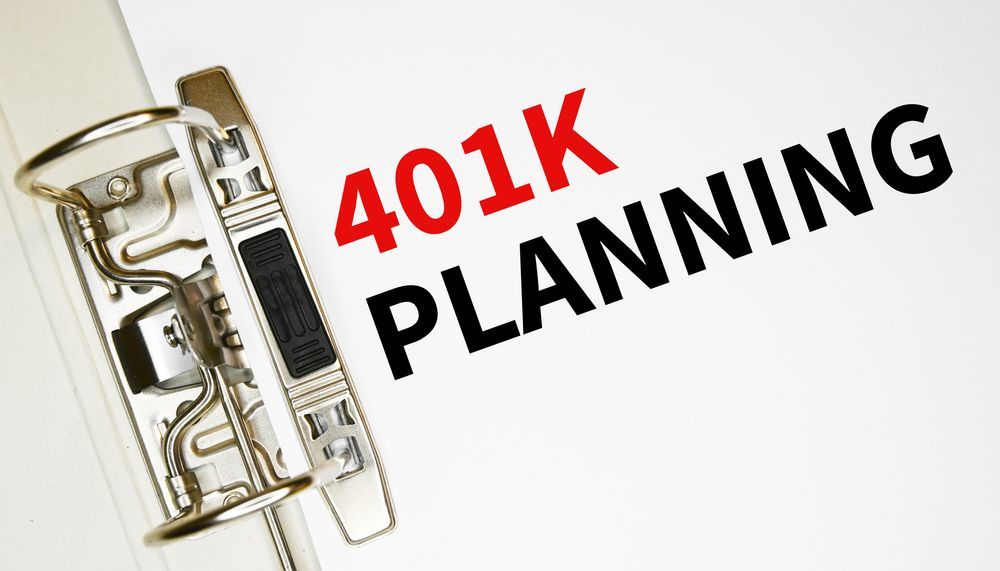Construction Accounting: A Guide for Contractors

In the world of finance and accounting, the construction industry poses unique accounting challenges and requires industry specific considerations. It’s important for contractors, particularly general contractors, to use and understand the distinctive characteristics of construction accounting methods. Operating a successful and financially stable construction business demands it. In this post, the corporate tax experts at Flynn & Company will cover the basics of what every contractor should know about construction accounting. Read on to learn more.
Why Is Construction Accounting Different?
Construction accounting uses many of the same principles as general accounting does (such as GAAP). However, accounting for construction managers and contractors differs in three main ways:
First, although you can break down construction accounting into monthly, quarterly, and annual reports as you do in most other industries, the main focus is per project. For example, rather than focusing on annual profits, construction accounting often pays more attention to profits generated by each different project.
Second, production is not focused in a manufacturing plant or at a storefront – instead, it moves from job site to job site, as does labor and equipment. This creates complications when assigning material, labor, and overhead costs to different projects.
Third, bookkeepers and accountants working for a construction company should understand the importance of the company’s long-term contracts. These contracts are often much lengthier and more complex than those in other industries. They can go on for years and involve multiple payments.

Revenue Recognition
When possible, the percentage of completion methods should be used for revenue recognition. This is especially important for very big projects. With this method, the accountant estimates the percentage of completion and multiplies that percentage by the expected total profit of the project. Because of the multiple layers of estimation involved, revenue recognition in construction accounting can become complicated.
It’s frequently tough to figure out the exact progress on a project such that an accountant could figure a completion percentage. In this instance, the revenue recognition of a contract can be based on the completed contract method. Under this method, the construction company recognizes revenue only when the project has been fully finished.
A third form of revenue recognition in construction accounting is the cash method. Perhaps the simplest of revenue recognition methods in the industry, this approach counts revenue only when final and total payment for the project has been received. At the same time, it also accounts for expenses when they are paid. This method is favored when it’s practical because of its simplicity, and is often used on shorter term construction projects.
Types of Construction Contracts
Construction companies interact with many different subcontractors, vendors, and clients. For this reason, they deal with several types of contracts. Below, we’ll explain the most common types of construction contracts.
Cost Plus Contract
Many construction companies prefer to use cost plus contracts, as these types of contracts allow them to complete a quality project for a client regardless of turbulent supplier and subcontractor costs. This contract involves a method of pricing wherein the client decides on the scope and end-product they’d like to see completed, and the construction company completes the project, charging the client for the cost of the project plus a pre-set fee or a percentage of the costs.
While the cost plus contract pricing basis seems simple, many items go into the final price charged to the client. Accountants should be careful to record all direct material and labor costs, the relevant percentage of overhead costs, and all subcontractor bills. With inflation and supply chain shortages ruling in recent years, many construction managers are pushing for cost plus contracts as the most reliable form of client pricing.
Cost plus contracts aren’t one-sided, however – they also ensure that the client is receiving a quality, high-end product where corners aren’t cut in order to save money. In comparison to a fixed-price contract, where construction companies are forced to work within certain confines in order to recognize any profit on the project, clients can be sure that the construction company will work in their best interest and produce top-tier work regardless of the ebb and flow of material and labor costs.
Fixed Fee Contract
Fixed fee contracts involve setting a firm price at the outset of a contract, regardless of changing supply availability, labor costs, or material charges. This contract may be seen as practical by both parties, but it does have its downsides. Contractors must acquire all materials and labor (often by a pre-set date) in order to complete the project, even if the project’s actual costs exceed the previously agreed-upon fixed fee to be paid by the client.
Construction companies who are forced to bid for work may find themselves in a position where fixed fee contracts are expected. While fixed fee contracts will often be successful for both parties, it’s important for accountants and bookkeepers to be aware of potential pitfalls and ensure that spending is tight during the entirety of the project.
Time and Materials Contract
Under a time and material contract, the construction company bills the client for the cost of the project plus the time spent on the project by the construction company. A time and materials contract brings together some of the pluses of the fixed fee and the cost plus contract for the client and the construction company. Namely, the client receives transparency, quality work without cutting corners, and an understanding of exactly what they’re paying for.
While they may face time constraints if a timeline was built into the contract, the construction company can still ensure that they will be paid for all materials that went into the project – and therefore not come up in the negative.
Your Partner for Construction Accounting
The experienced CPAs at Flynn and Company understand the distinct accounting needs of the construction industry. We stay ahead of the complex and frequently revised tax code so you can rest easy.
Interested in learning more about Flynn & Company? We help businesses master their audit, tax, and accounting tasks. Contact us online or give us a call at (513) 530-9200 to get in touch.





